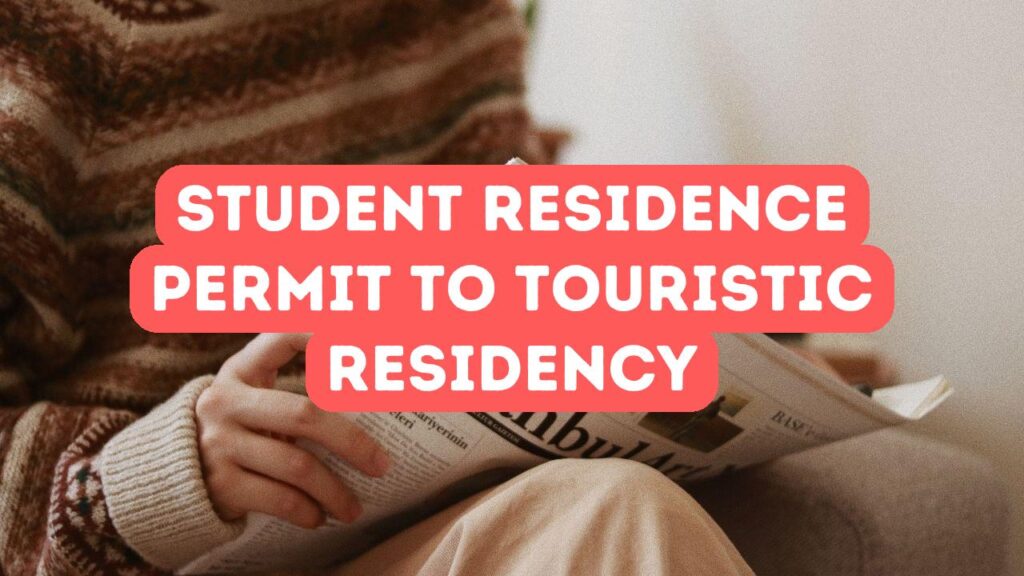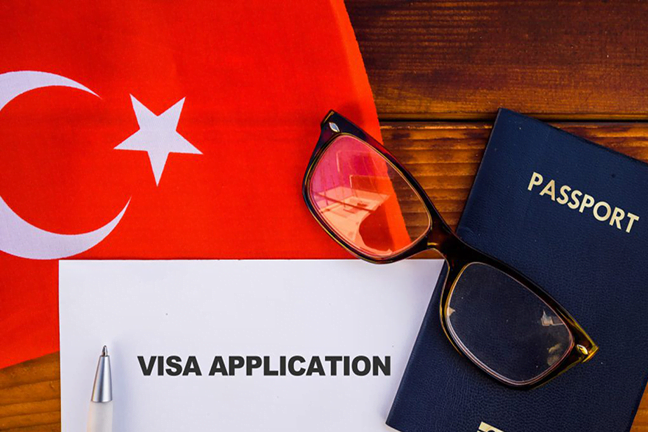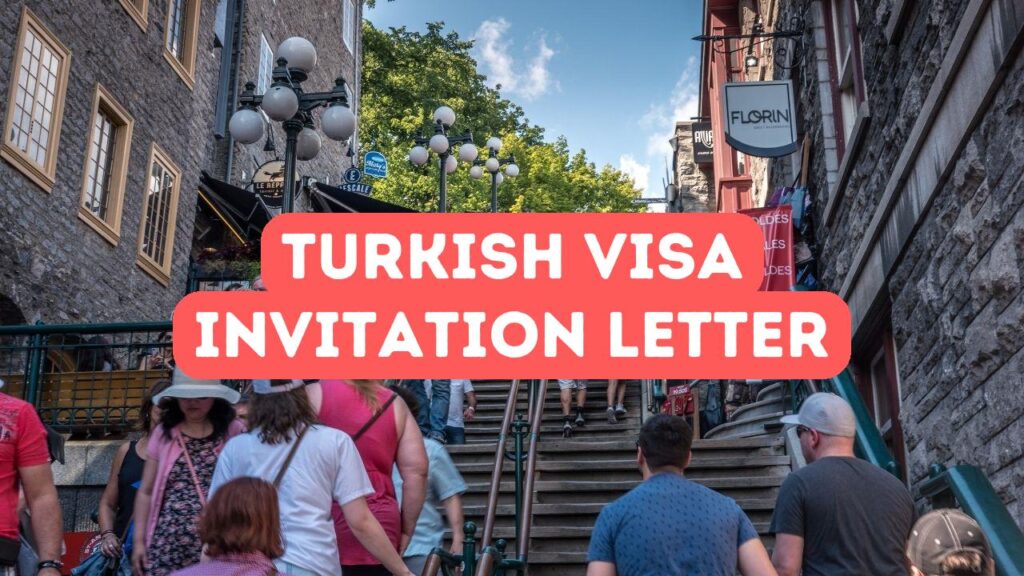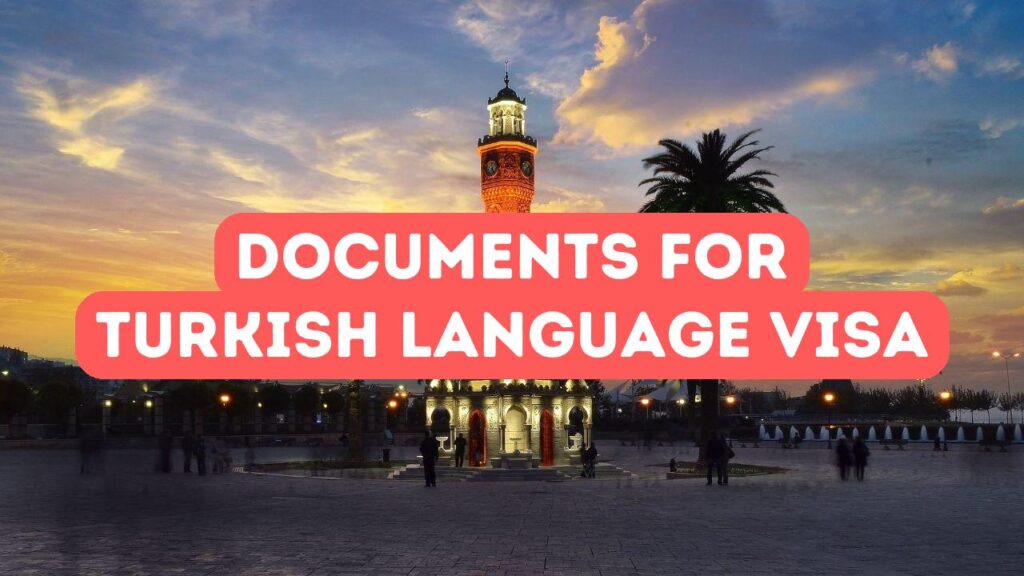Navigating the transition from a student residence permit to a touristic residence permit in Turkey can be a crucial step for international students looking to extend their stay. At Campus Turquie, we understand that many students develop a deep connection with Turkey and wish to explore more of its rich culture and history after completing their academic programs. This shift not only requires a thorough understanding of the legal requirements but also meticulous preparation to ensure a smooth and hassle-free process. Our education consulting services are dedicated to providing comprehensive guidance to help you manage this transition seamlessly, allowing you to continue enjoying all that Turkey has to offer without any disruption.
Understanding the Transition Process and Legal Requirements
Transitioning from a student residence permit to a touristic residence permit involves several key steps and legal requirements that must be thoroughly understood and meticulously followed. First and foremost, it is essential to apply before your student residence permit expires, as remaining in Turkey without valid documentation can lead to complications. You will need to provide documents such as a valid passport, proof of sufficient financial means to support yourself during your stay, and comprehensive health insurance coverage. Additionally, you must fill out the necessary application forms accurately and submit them to the relevant government office. Understanding these requirements is paramount to ensure a smooth transition and to avoid any legal issues that may arise from non-compliance.
Once you have gathered the required documentation, the next step is to schedule an appointment with the Provincial Directorate of Migration Management, which oversees residence permits in Turkey. During your appointment, you will need to present your documents and may be asked several questions regarding your purpose of stay and future plans. This meeting is a crucial part of the process, as any discrepancies or missing information can delay your application. Moreover, the processing time for a touristic residence permit can vary, often taking several weeks. It is advisable to plan ahead and keep track of any updates regarding your application status. Campus Turquie’s consulting services can assist you in preparing for this appointment, ensuring that you have all the necessary information and guidance for a successful transition.
After successfully submitting your application and attending your appointment, it’s important to stay informed about the status of your touristic residence permit. You can track your application online through the official e-residence portal. If additional documentation or information is requested, it is crucial to respond promptly to avoid delays. During the waiting period, which can extend up to 90 days, ensure your contact details are up-to-date in case the migration office needs to reach you. Once your permit is approved, you’ll receive a residence card which grants you the legal right to stay in Turkey for the duration specified. Campus Turquie is here to support you each step of the way, providing expert advice and personalized assistance to make the transition as seamless as possible. By choosing our consulting services, you can focus on enjoying your extended stay in Turkey without worrying about the bureaucratic intricacies.
Essential Documents and Application Procedures
When transitioning from a student residence permit to a touristic residence permit in Turkey, gathering the requisite documents is the first and most crucial step. Essential documents include your valid passport, a completed application form, recent biometric photos, proof of sufficient financial resources, health insurance coverage, and a copy of your current residence permit. Additionally, you will need to provide a valid reason for your extended stay, such as personal exploration or language learning, which should be clearly articulated in your application. Properly organizing and submitting these documents not only speeds up the process but also minimizes the likelihood of any legal complications, ensuring a smooth transition.
Once you have gathered all the necessary documents, the next step is to submit your application through the online system provided by the Turkish Directorate General of Migration Management (DGMM). This portal allows you to fill out the application form and schedule an appointment with the local immigration office. It is crucial to complete the online application accurately and pay any associated application fees through the system. After submitting your online application, you will receive a confirmation and an appointment date to present your documents in person. During your appointment, the officers may ask additional questions to verify your intent and eligibility for a touristic residence permit. Make sure to arrive on time and bring all your original documents, as well as photocopies, to avoid any delays in the review process.
After successfully presenting your documents and attending the scheduled appointment, the local immigration office will review your application thoroughly. The processing time may vary, but typically, you will receive a notification regarding the decision within a few weeks. If your application is approved, you will be issued a touristic residence permit, which will allow you to extend your stay in Turkey for up to one year, subject to renewal under specific conditions. It is important to keep track of the validity of your new permit and adhere to the regulations to avoid any legal issues during your stay. At Campus Turquie, we are committed to guiding you every step of the way, providing support and advice to ensure a successful transition, so you can continue to enjoy the unique experiences Turkey has to offer without interruption.
Common Pitfalls and How to Avoid Them
One of the most common pitfalls during the transition from a student residence permit to a touristic residence permit in Turkey is the misunderstanding of application deadlines. Many students assume they can apply for the touristic permit at any time, only to find their student permit has already expired, leading to potential fines and legal complications. To avoid this, it’s crucial to initiate the application process well before the expiration date of your current permit. This proactive approach ensures ample time for gathering necessary documents, scheduling appointments, and addressing any unforeseen issues that may arise. At Campus Turquie, we advise our clients to start this process at least one to two months in advance to ensure a smooth and stress-free transition.
Another potential pitfall is the incorrect submission of required documentation. Each type of residence permit demands a specific set of documents, and even minor errors or omissions can lead to application rejections or delays. For instance, failing to provide a valid health insurance policy or a proof of sufficient financial means can complicate your application. Additionally, some students overlook the importance of maintaining a valid passport throughout the process. It’s imperative to double-check each document’s validity and accuracy before submission. At Campus Turquie, we offer detailed checklists and personalized consultations to ensure that all your paperwork is in perfect order, minimizing the risk of any hiccups along the way.
A frequent but often overlooked pitfall is neglecting to stay informed about the latest regulations and changes in immigration policies. Turkish immigration laws can undergo periodic updates, which might affect the requirements and processes for obtaining a touristic residence permit. Failing to stay current with these changes can result in outdated applications, further delays, and possible rejections. At Campus Turquie, we keep our clients updated about the newest regulations and policy shifts, ensuring that you always have the most accurate and up-to-date information. By relying on our expertise, you can navigate the application process with confidence, secure in the knowledge that all requirements are met according to the latest legal standards.







